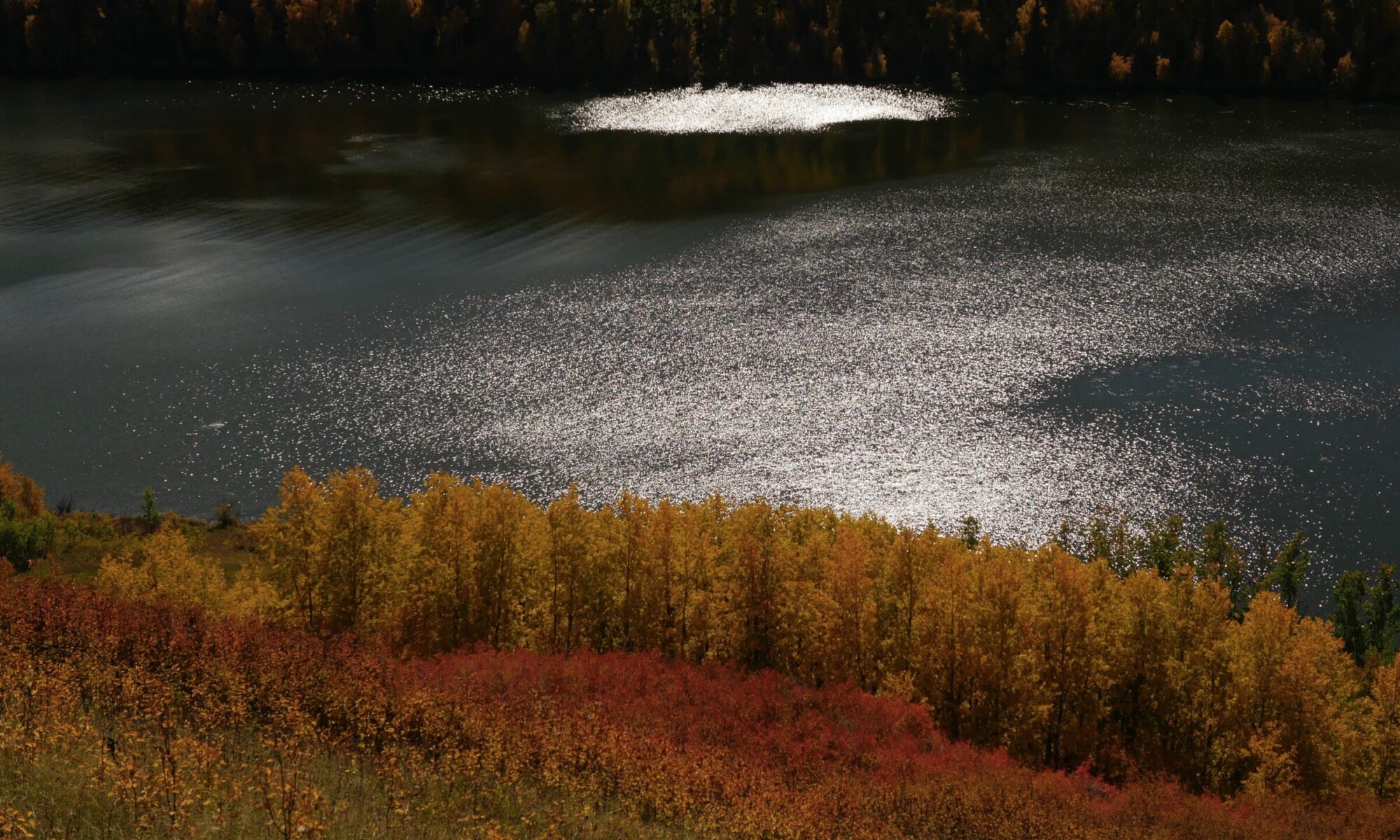In the early 1980s I worked for the Government of the Northwest Territories and served as the Superintendent of Social Services on Baffin Island. We ran a complete range of services: social assistance, child welfare services, correctional services including a correctional center and various other services. The delivery of all of these services was guided by laws, regulations and policies.
I would often travel to the thirteen small communities scattered across the High Arctic to explain our services and get feedback. Often, during the community meetings, one or several Inuit elders would get up and say,” Learn from the land.” This happened time and time again. I respected their comments as a cultural statement but considered them irrelevant. The elders simply didn’t understand the rules and regulations we operated under. Besides, I was a “Kadluna” (a white man), was a city boy, and had no experience on the land—especially their land.
And I was also a slow learner. However, as I heard this mantra repeated time and time again I gradually realized that they were not talking about learning from experience on the land—though this was important. They were trying to tell me that the land was living, it was a teacher, it had a law, and we must be guided by this law.
In the days leading up to the creation of Nunavut there were constant discussions in communities about law. At one community meeting an elder got up and said, “You Kadluna think that we Inuit don’t have laws. You’re wrong. We do have laws. But they are different from your laws. Your laws are written down in a book and can be thrown in the fire and burned up. Our laws are here,” and he placed his hand over his heart.
Long before there was written law—Roman Law, Church Law, The Magna Carta and English Common Law, the Napoleonic Code—there was only one law—the law of nature. And it has not ceased to exist just because folks decided to write things down in books.
The law of the land (also referred to as Wild Law, the Law of Nature and Earth Jurisprudence) recognizes honours and protects the rights of planet earth as a living reality and the rights of all its species, including the human species, to fulfill mutual self-supporting destinies.
As Thomas Berry has noted, every component of the Earth community has three rights: 1) the right to exist, 2) the right to habitat, and 3) the right to fulfill its role in the ever-renewing process of the earth community.
Rivers have river rights, birds have bird rights, insects have insect rights. These are not human rights. They are analogous to human rights and must be seen within the laws of nature which includes such things as predator-prey relationships. Just because they are analogous doesn’t mean they are not real.
A fundamental principle of the law of the land is what we might describe as nature’s Hypocratic Oath: DO NO HARM—TO THE ECOSYSTEMS THAT YOU DEPEND UPON FOR YOUR EXISTENCE.
So how can we rediscover and implement Law of the Land?
We can’t do it by trying to extend human laws to include nature. By its very definition, jurisprudence is the study and practice of human law. And, because human laws depend upon the government in power, they can be removed for political expediency—as we are now experiencing in the area of resource developments on both a federal and provincial level.
We have to learn to step outside our traditional approach of trying to extend human laws and realize that the Law of the Land is the primordial law. It is the first law which must guide the development of human laws. Fortunately in some parts of the world this is beginning to happen.
Ecuador and Bolivia have enshrined the rights of nature in their constitutions. Some local governments, particularly in the United States, have adopted this approach regardless of whether state and local governments consider it “legal.” And there is a growing body of literature in science and even in law that is exploring this option.
Meanwhile, for those of us dealing with local development, we might “Learn from the Land” and adopt Aldo Leopold’s principle: “A thing is right when it tends to preserve the integrity, the stability, and beauty of the land. It is wrong when it tends otherwise.”
Mike Bell
Comox B.C.
